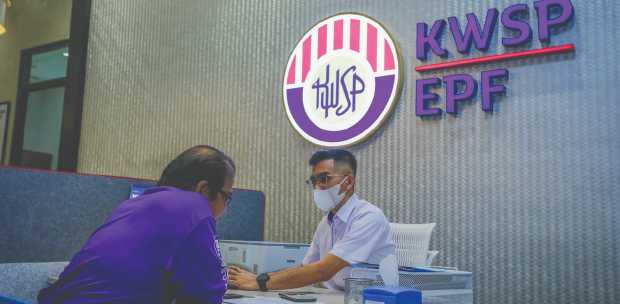There is no denying the important contribution of investments to global growth and prosperity.
Both domestic and foreign investments are sought after by countries as they strengthen their socio-economic wellbeing.
Job creation is always a key objective, apart from the other economic benefits. Inadvertently, countries compete to attract investments to their shores.
We have also invested much to bring in the FDIs to the country. The serious nature of such initiatives is increasingly evident with the involvement of the top leadership in government, essentially marketing the country to global investors.
As announced, the recent China visit by the prime minister has brought in billions of promised FDIs. Not to mention the Langkawi Aerospace event, LIMA, which also reported billions of ringgit in investment interest.
It is unrealistic to expect a 100 per cent realisation of the promised investments. The follow-up is key to ramping up the percentage, as explained by investment experts.
This is where the role of agencies such as MIDA and other related state investment agencies becomes critical.
They are the people who must realise the sales, after all the marketing done by leaders. No doubt the country's FDI policy plays a critical role in attracting and facilitating foreign investment in the country.
While Malaysia has made significant progress in attracting FDI over the years, there are areas where the FDI policy could benefit from further refinement and polishing, as global competition intensifies.
Experts agree that the streamlining of regulatory processes, reducing bureaucratic hurdles, and enhancing the ease of doing business for foreign investors are paramount.
This includes simplifying licensing procedures, permits, and approvals to expedite investment inflows.
Clear and transparent guidelines for foreign investors regarding investment procedures, sector-specific regulations, and incentives will help to instil confidence and attract more FDIs.
Investment incentive is a pull factor. It is important to ensure that investment incentives are effectively targeted towards priority sectors and activities that align with the country's economic development goals.
This could involve assessing the relevance and impact of existing incentives and introducing new incentives in emerging sectors.
There is also the need to regularly review and benchmark incentive packages against other competing countries. This is to ensure they remain attractive and competitive in attracting high-quality investments.
Technology is no doubt a key differentiating factor of businesses. We need to strengthen the enforcement of IP rights and encourage innovation and technology transfer.
This includes improving legal frameworks, increasing awareness about IP rights, and enhancing enforcement mechanisms to deter infringement.
Efforts should be enhanced to develop a skilled and adaptable workforce. This includes strengthening collaboration between educational institutions and industry to align curriculum with industry requirements and promote vocational training programmes like TVET.
The retention of talent has been a growing concern. We need to put in place initiatives to retain skilled workers, both local and foreign, by providing attractive career opportunities, competitive salaries, and a conducive work environment.
Fostering closer collaboration between the government and private sector to jointly identify investment opportunities, address investment challenges, and develop strategies to attract and retain foreign investors, is critical.
Strengthening investment promotion agencies is therefore a must. This is to effectively promote Malaysia as an attractive investment destination, provide comprehensive support services to foreign investors, and facilitate their entry into the Malaysian market.
Nowadays, the investment policy must embed environmental, social, and governance (ESG) considerations to attract responsible and sustainable
investments. This includes promoting environmentally friendly practices, social responsibility, and good governance principles.
At the end of the day, continuous review, feedback, and refinement of Malaysia's FDI policy will help ensure that it remains responsive to changing market dynamics, investor preferences, and global investment trends.
By addressing the identified areas for improvement, Malaysia can enhance its competitiveness, attract higher-quality investments, and drive sustainable economic growth.
The global competition for FDIs has grown more intense. A country's commitment to sustainability has become a yardstick for investors as they compare the different investment destinations.
This factor is ranked high as businesses face pressures from consumers and financial institutions alike. This is where compliance with ESG criteria has become a must for all investments.
The writer is a professor at Tan Sri Omar Centre for STI Policy, UCSI University
The views expressed in this article are the author's own and do not necessarily reflect those of the New Straits Times





